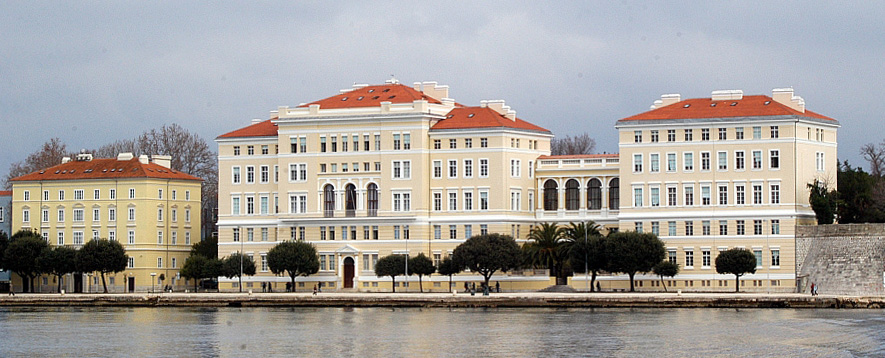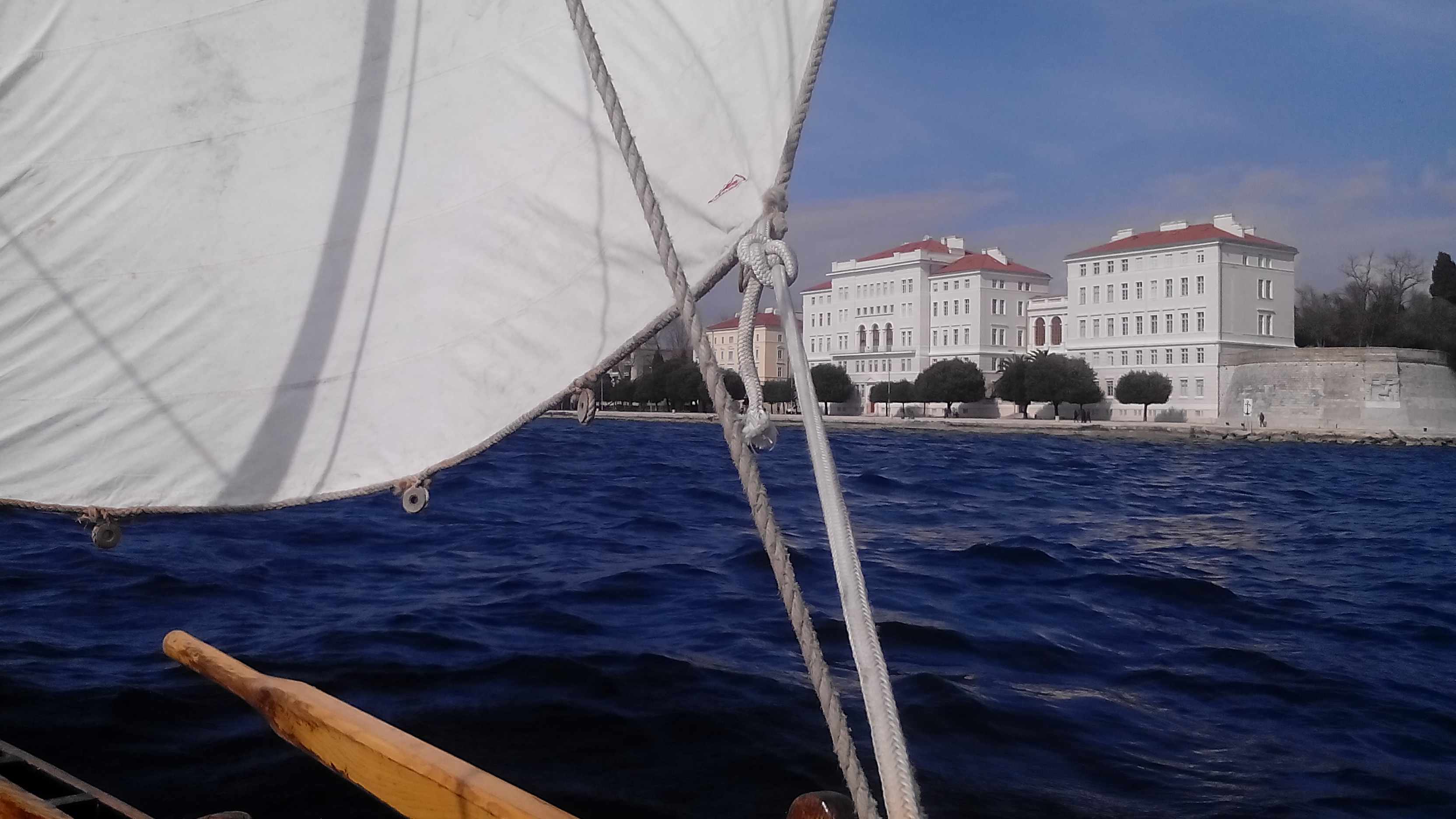Leading Institution
419

The University of Zadar (UNIZD), (www.unizd.hr), is ranked as a mid-sized university in the European environment, but is the largest fully integrated university in Croatia. The UNIZD strategic orientation is based on the unique geographic position of Zadar and its region (the archipelago with 540 islands and hinterland with a huge natural and cultural heritage resources); the city of Zadar as an important Eastern Adriatic point and millennial urban centre; its unique cultural and historical heritage (written, visual, architectural, in all its forms); scientific fields and disciplines in which the UNIZD traditionally achieves identifiable results (mostly humanities and social sciences: history, archaeology, philology, art history, psychology, pedagogy etc.); applied science and technology; new programs for which there is interest and need (geosciences, geography, marine engineering, economics, information science and agriculture); interdisciplinary graduate and postgraduate courses with recognized scientific orientation and the inter-agency and international cooperation.
Research strategy of the UNIZD primarily focuses at its Adriatic environment, research excellence, and collaborative national and international projects related to the economy and the civil sector. Along with further development of humanities and social sciences, it aims at developing technical, biotechnical, life and other sciences as a response to recognized needs of the regional and national economy and labour market, and at establishing multidisciplinary and trans disciplinary research teams gathered around competitive research projects and research centres (interdisciplinary centres for marine and maritime research, geology and geography of the coastal karst, Adriatic onomastic research etc.).
The Department of Archaeology is one of the oldest departments at the University of Zadar. The study of archaeology was introduced in 1957, providing the education in the fields of Prehistory, Classical Antiquity, Middle Ages, museology and cultural heritage protection. Today’s study programme additionally incorporates the courses in the archaeology of the New Age, archaeological methodology, maritime and nautical archaeology and informatics for archaeological purposes. The experts of the Department of Archaeology carry on systematic archaeological surveys and excavations on land, wetland and under water.
